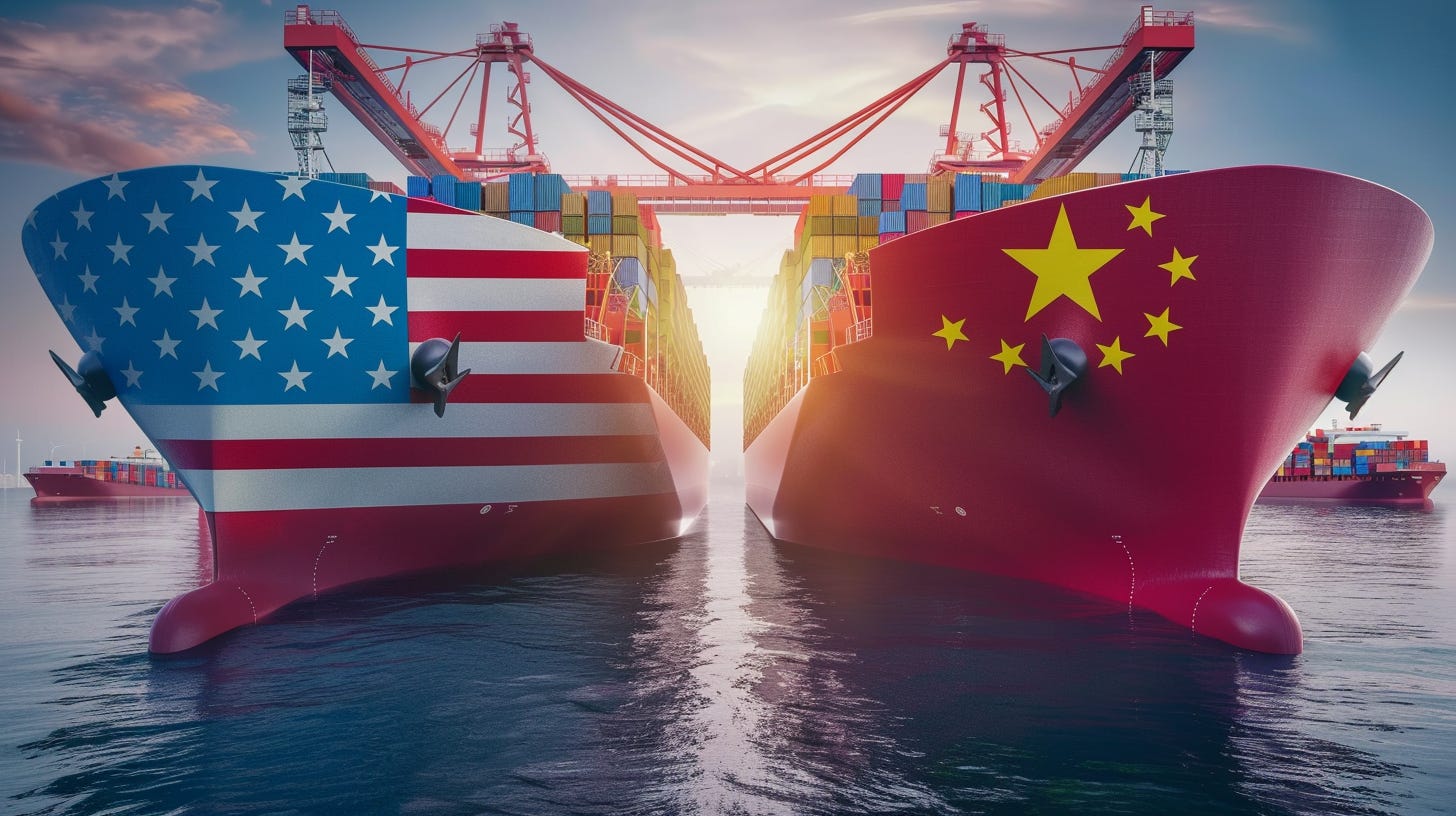🎖️Subscribe /✨CEO Video Brief / 📊Exclusive Report /🎁Send Gift
🔥 Greetings, Maritime Mavericks!
The sea has always been the great equalizer — but now, politics is pricing it.
On October 14, both the United States and China begin charging reciprocal port fees.
What started as a minor trade measure has turned into a financial minefield that could reshape how — and where — the world’s ships move.
💲 1. The U.S. Makes the First Move
💹 2. China Strikes Back
🧩 3. The 25% Rule That Changes Everything
🌍 4. Market Chaos and Rerouted Cargoes
💸 5. The Irony: China May Pay the Price
Let’s unpack what’s really happening 👇
💲 1. The U.S. Makes the First Move
Earlier this year, Washington introduced port fees on Chinese-built and operated ships — $50 per net tone.
But after backlash from importers and exporters, the rules were softened.
The new fees mostly target one giant: China’s COSCO, with an estimated $1.5 billion annual hit, according to Alphaliner.
💡Still, the message was clear — the U.S. wanted to make shipping a geopolitical tool.
💹 2. China Strikes Back!
Beijing’s response was swift.














